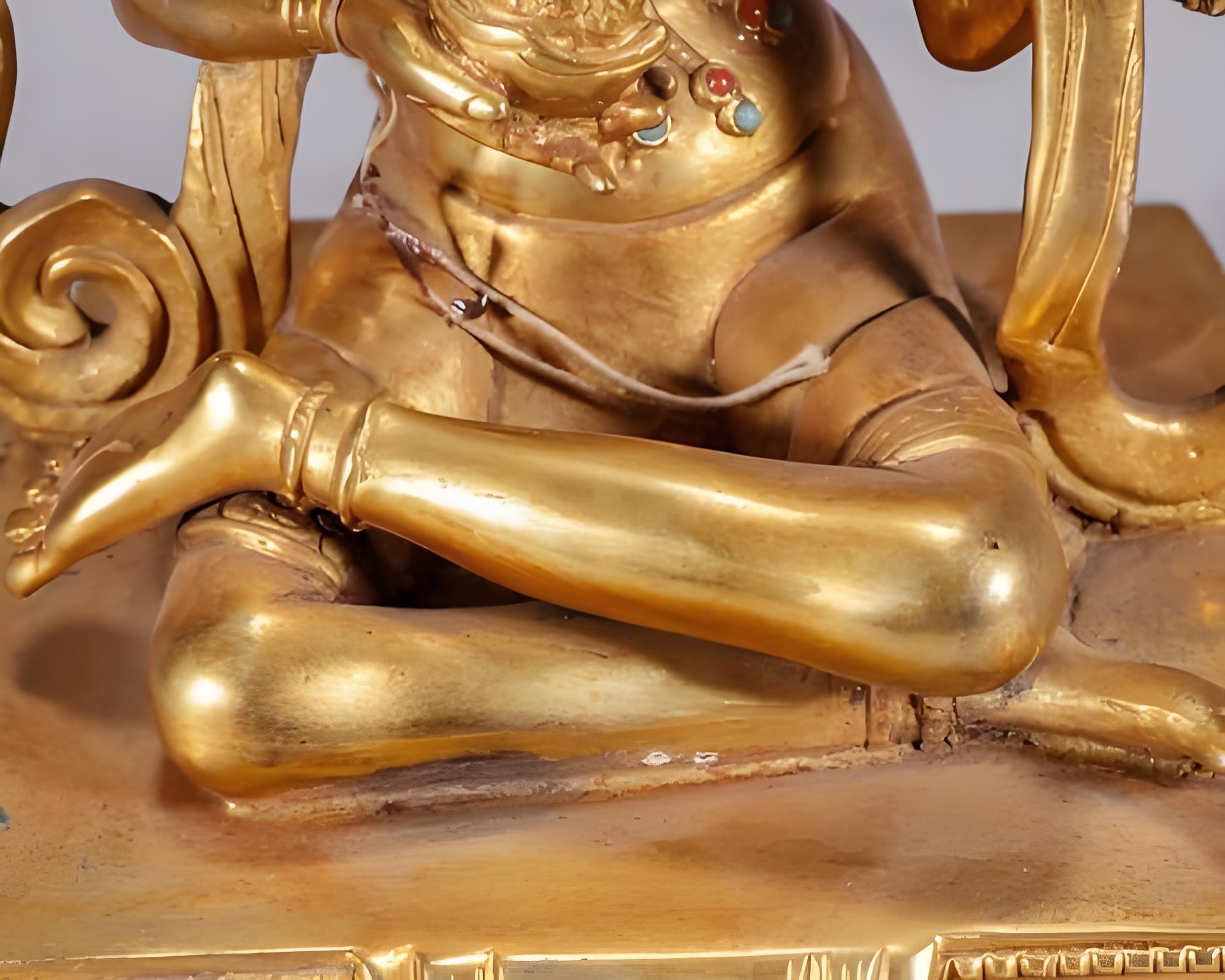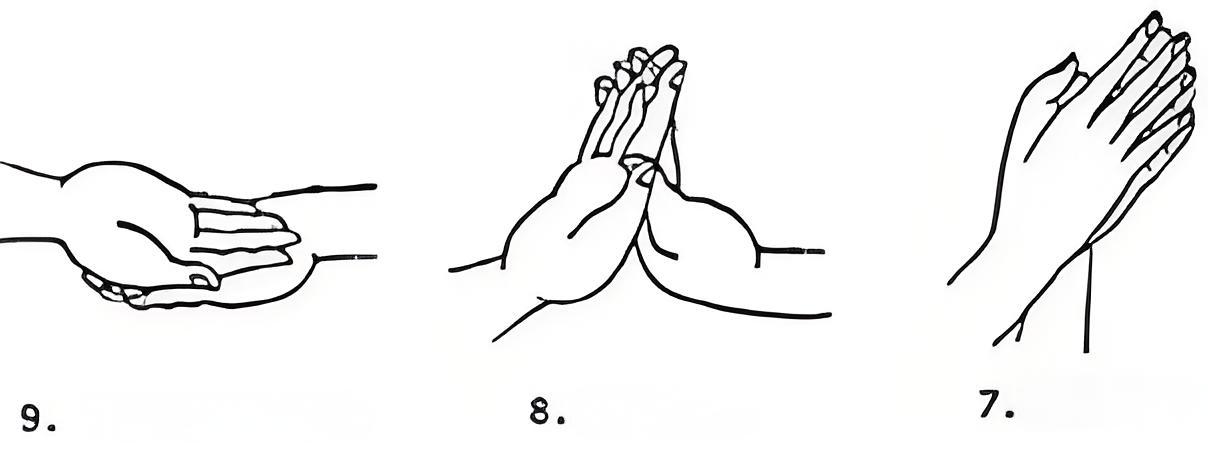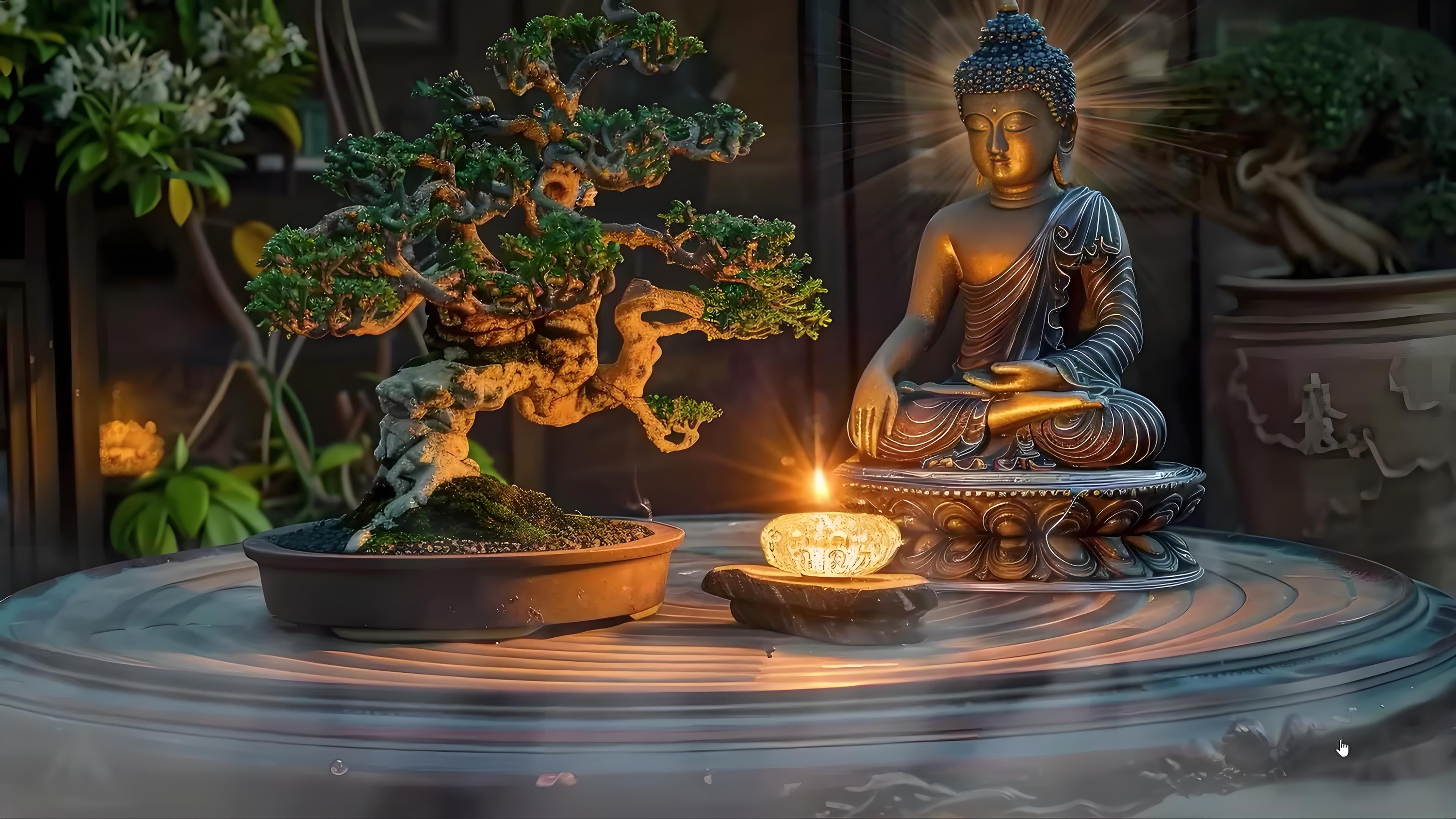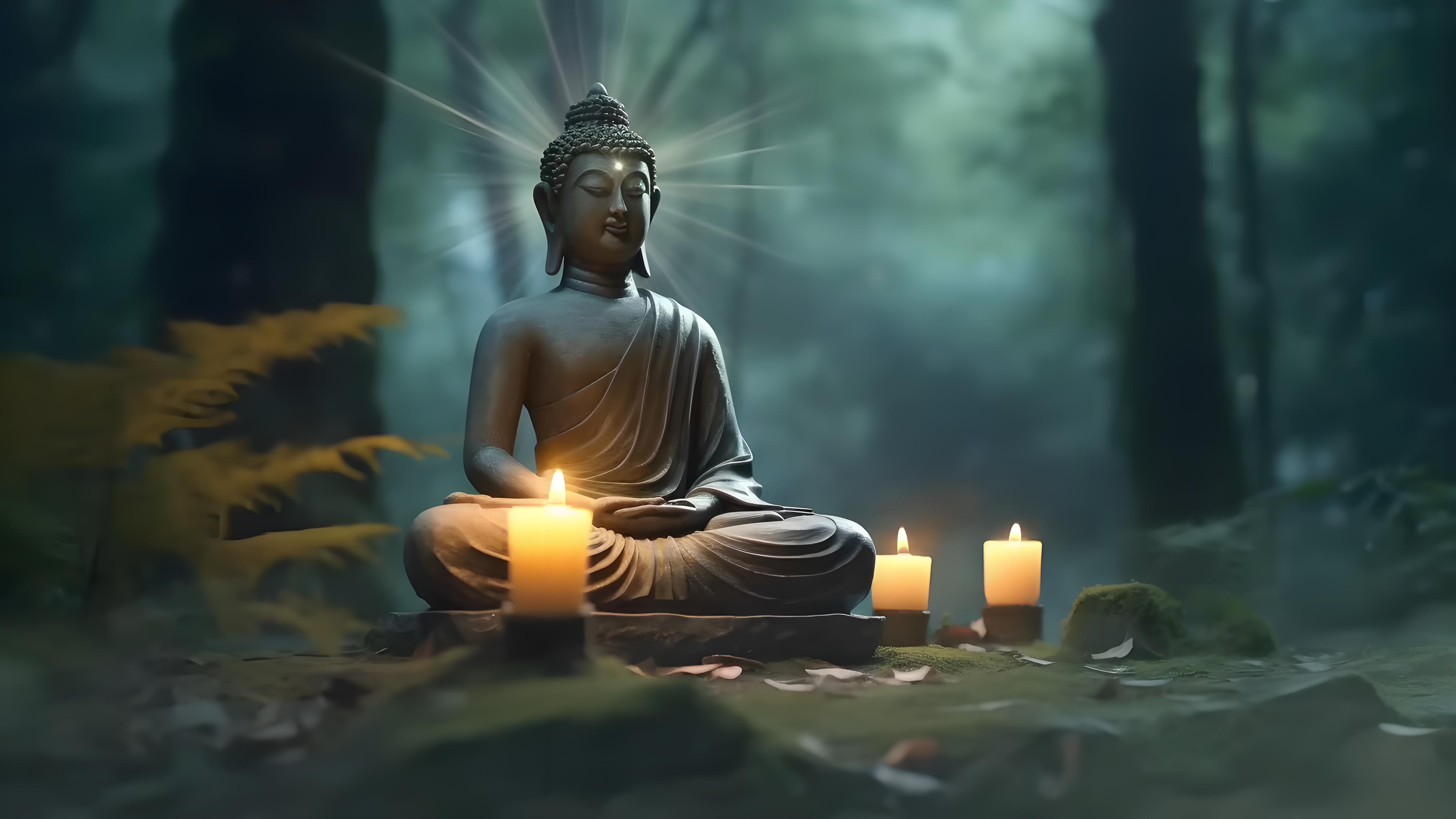type
status
date
slug
summary
tags
category
icon
password
AI summary
Table of Contents
- Understanding True Spiritual Awakening
- Common Misconceptions About Awakening
- Signs of Genuine Spiritual Awakening
- The Self-Centered Nature of Pre-Awakening
- Navigating the Post-Awakening Journey
- FAQs About Spiritual Awakening

Understanding True Spiritual Awakening
Spiritual awakening isn't what most people think it is. While many seekers chase extraordinary experiences or perpetual states of bliss, authentic awakening is more akin to discovering a wildflower by the roadside - simple, natural, and profound in its ordinary nature.
As Zen masters often say, the path is about "being nobody, going nowhere." This fundamental truth challenges our conventional understanding of spiritual development and enlightenment.
Common Misconceptions About Awakening
The Bliss Myth
Many spiritual teachings market awakening like a product, promising:
- Constant states of ecstasy
- Perpetual love and compassion
- Supernatural powers
- Miraculous experiences
However, these are merely potential side effects, not the essence of awakening itself. Pursuing these experiences can actually hinder genuine spiritual progress.
The Mystical Experience Trap
While mystical experiences can be profound and meaningful, they differ fundamentally from true awakening:
- Mystical experiences are temporary states
- They remain within the realm of personal experience
- They often reinforce rather than dissolve the ego
- They can become new attachments for spiritual seekers

Signs of Genuine Spiritual Awakening
1. Cessation of Seeking
The most reliable indicator of authentic awakening includes:
- No more spiritual searching
- Absence of internal pushing and pulling
- Dissolution of the seeker identity
- Natural abiding in present reality
2. Fundamental Identity Shift
True awakening involves:
- Recognition of one's essential nature
- Dissolution of previous belief systems
- Release of spiritual seeking as an identity
- Transformation of core motivations
The Self-Centered Nature of Pre-Awakening
Before awakening, most actions stem from ego-centered motivations:
- Pursuit of personal gain
- Search for validation
- Quest for happiness
- Avoidance of discomfort
- Even spiritual seeking itself
This realization doesn't imply these motivations were wrong - they were simply part of the dream state of separated consciousness.
Navigating the Post-Awakening Journey
Understanding the Transition
The post-awakening period often involves:
- Initial confusion and disorientation
- Dissolution of familiar reference points
- Changes in motivation and interests
- Transformation of personality structure
Key Insights for Integration
Important points to remember:
- Confusion is natural and temporary
- Personal identity remains but is less rigid
- Old motivations may disappear
- New ways of being emerge naturally

FAQs About Spiritual Awakening
Q: Is awakening permanent?
A: Awakening can be either temporary or permanent, but true awakening always involves fundamental transformation rather than temporary states.
Q: Will I lose my personality after awakening?
A: No, your basic personality remains intact, but your identification with and attachment to it changes significantly.
Q: How can I tell if I'm truly awakening?
A: Genuine awakening typically involves a natural cessation of seeking, fundamental shift in identity, and dissolution of self-centered motivations.
Q: Is confusion normal during awakening?
A: Yes, confusion is a common part of the awakening process as old reference points and belief systems dissolve.
Conclusion
True spiritual awakening transcends our common understanding of mystical experiences and bliss states. It represents a fundamental shift in consciousness that goes beyond personal experiences to touch the very nature of being itself. While the journey may involve periods of confusion and dissolution, it ultimately leads to a more authentic and natural way of existing in the world.
上一篇
A Comprehensive Guide to Spiritual Awakening and Enlightenment
下一篇
The Essence of Zen Buddhism: Mastering the Art of ‘Having No Affairs’
Loading...






